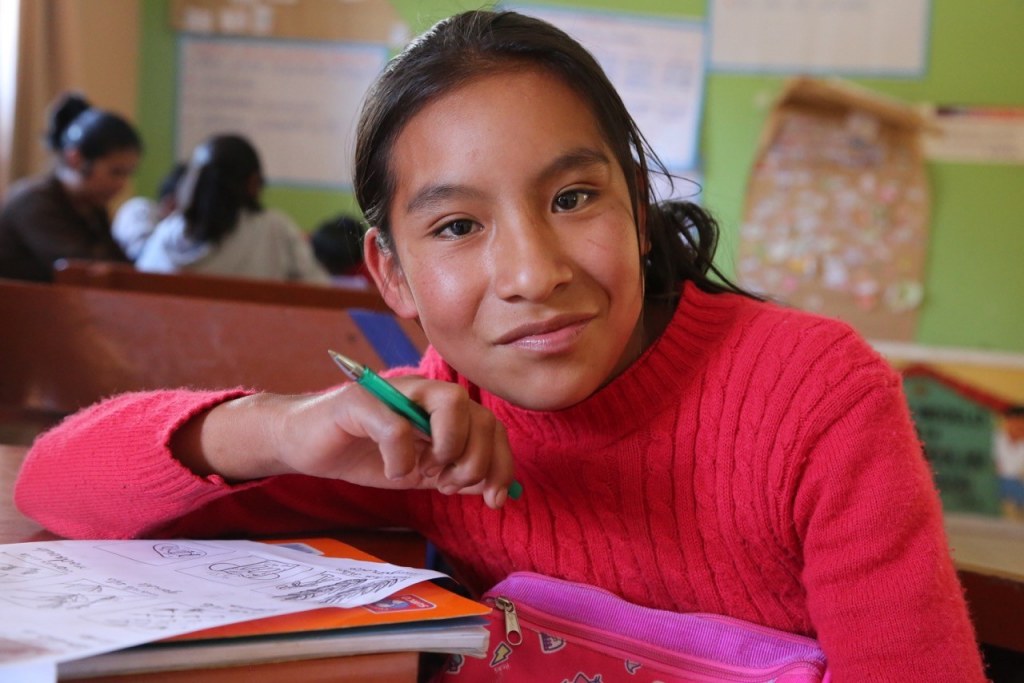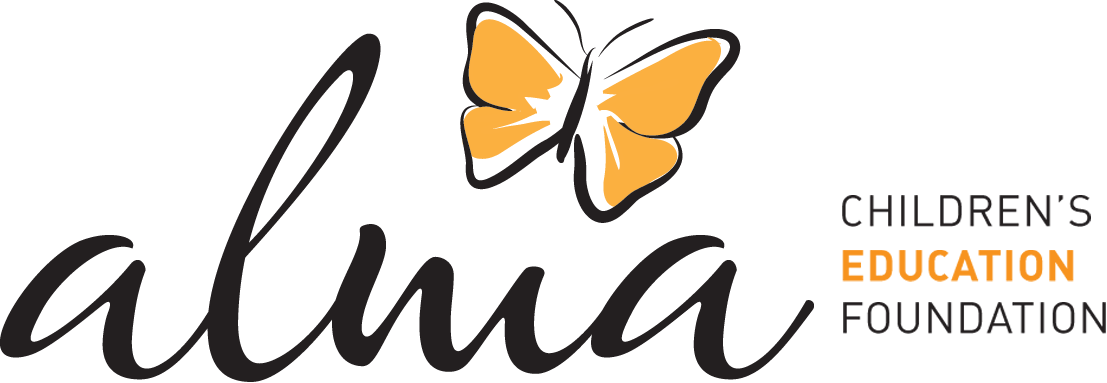
As I write this, the number of reported cases and deaths in Peru and Bolivia is not “flattening” and the situation is dire. Trinidad, our base in Bolivia, has the highest per-capita caseload in the country and the total cases in Peru puts them 10th in the world (twice as many cases as in China).
Both countries have “lock-downs” but when people go out they do not social distance nor wear masks. The cultural obstacles we experience here in North America are much harder to overcome in an indigenous and/or “latino” culture. It is the patron saint month in Urubamba (our Peruvian base) and not even police/military enforced stay-in-place laws have stopped “underground” partying from taking place. Groceries are purchased in open markets so social distancing is challenging.
In the rural communities where we work there is little access to medical treatment so many are resorting to indigenous medicine. Currently we have 5 teachers who are sick, 3 have tested positive for COVID-19.
All schools have been closed and we feel that they will not open this year at all. Teachers, like everyone else, are being told to stay at home and there is little/no travel into or out of our communities.
So, as a result, we made two quick pivots:
First, we have allocated a bit of our funding and some of our human resources (and our pick-up truck!) to address immediate “humanitarian needs” in our communities.
Second, we have committed to keeping all of our teachers and project managers fully paid for the year. Given COVID-19, our staff value our healthcare plan as much as their pay cheque. The teachers participate in daily Zoom training sessions where they are creating new and innovative lesson plans and honing their teaching skills.
Significantly more important though is a new initiative that we have undertaken as a result of COVID-19. We started working with the Ministry of Education late last year on a project that had us training teachers in certain State-run schools on how to deliver our play-based/project-based critical thinking curriculum as part of their daily lessons. We had just begun our training classes when COVID-19 hit. The Government of Peru’s response was to close all schools and try to develop an online education program. This is a huge challenge because online education is new to Peru so teachers are not trained to do it and most people don’t have access to the internet and the hardware and software required. In the remote communities where we work on top of the capacity and accessibility issues (no internet, no cell signal, often no electricity) there is a cultural/economic one: with kids at home, parents have conflicting priorities between “home-schooling” their children or having their children help with house chores or in the fields.
For the Ministry of Education to overcome these obstacles and meet their previously announced mandate to focus on critical thinking (a new approach) and “outside the classroom knowledge” – “indigenous” or “context-based” education (also a new approach) seems impossible. But it just so happens that it is exactly what we do at Alma so the Ministry sees us as a potential solution to their problem and have begun working with us to create what I believe to be the biggest COVID-19 pivot of all for Alma and perhaps a sea-change for education everywhere in Peru and Bolivia.
We’ll share the details of the innovative strategies that we are proposing in part 2 of this blog.
Alan Harman, Founder
